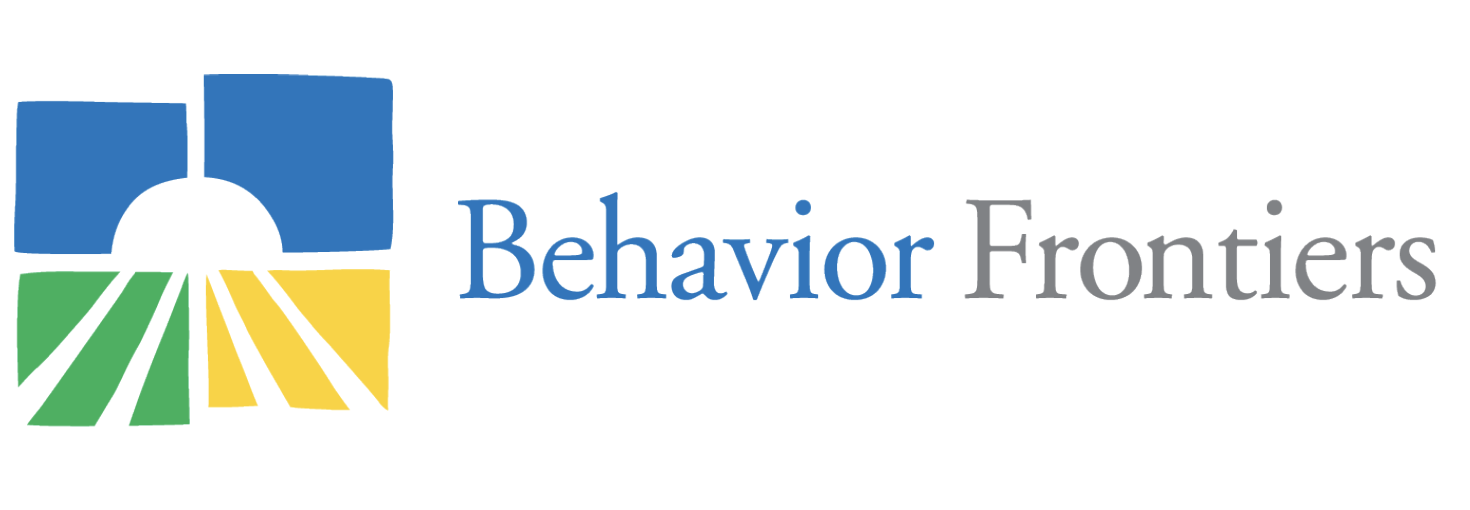What to Expect During an Autism Assessment
The Standardized Diagnostic tool for testing for autism in children is referred to as the Autism Diagnostic Observation Schedule (ADOS), which allows a clinician to accurately assess and diagnose Autism Spectrum Disorders across age, developmental level, and language skills. You will see an ADOS used at pediatric hospitals, with independent clinicians, school systems, etc. If a physician or multidisciplinary team performs this assessment, they will go through a series of scenarios to assess the child’s language and communication, creative and imaginary play ideas, restrictive or repetitive behaviors, or other signs that may indicate autism spectrum disorder (i.e. pointing and responding to name). The ADOS assessment is appropriate for ages 12 months through adulthood.
The ADOS assessment is usually conducted in a room with two clinicians – one who engages with the child and leads the activities, and the other who is observing and recording data. The ADOS assessment typically takes between 45 minutes to 1 hour in length and is always followed by meeting with the parents to collect more information.
The process of the ADOS includes making direct observations under controlled circumstances by using standardized scenarios to assess the child’s behaviors and skills through a series of 4 different modules. Each module is designed to determine the most appropriate test for an individual’s age and functioning level. Each of the modules are categorized and designed for the following: 1) individuals who do not demonstrate any verbal communication, 2) individuals who have limited, but demonstrate some verbal communication, 3) individuals who demonstrate verbal communication skills and engage in appropriate play with toys, and 4) individuals who demonstrate strong verbal communication skills and are beyond the age of playing with toys – focusing more on conversational and functional living skills.
Each module consists of a set of standardized scenarios that the tester walks the subject through. An example of one of the scenarios that the clinicians uses would be following a direct script to create a pretend birthday party. This includes specific materials including: play-doh, a plastic plate, pretend candle, and a baby doll. The goal of this scenario is to assess the child’s imaginative play skills; but not only that, it is a way to observe other important skills during this scenario such as pointing to items, responding to their name, language and communication, repetitive or restricted behaviors, and so on. Some of the things that the clinician is looking for would be for the child to make the pretend cake out of play-doh, singing “happy birthday” to the baby doll, putting the candle on the cake, etc. Often times, if the child is displaying autism signs, she would not engage in these behaviors during this structured play scenario, but instead it could look like repetitive movements with the objects, putting the items in their mouth, not pointing to the items, etc.
The assessor sometimes allows the parents to sit in with their child up to the age of 5, but it is not always in the best interest of the child to have their parent there. The reason being that the child may rely on their parent for assistance during the assessment and it can be somewhat difficult for the parents not to provide assistance for their child, which would not give an accurate demonstration of the child’s skills.
If you think your child may be displaying autism signs or symptoms, reach out to your doctor to obtain a referral for an ADOS assessment. It is important to note that the ADOS should not be the only form of measure for an autism diagnosis as there are other tools used to assess different behaviors or developmental delays. It is encouraged to also get other diagnostic tools completed such as an Autism Diagnostic Interview-Revised (ADI-R), which is a structured interview conducted with the parents to gather more data and information about their child in the evaluation process of autism spectrum disorder.
Annie Prchal, M.S., BCBA
Minneapolis, MN
Tuesday, January 26, 2021

